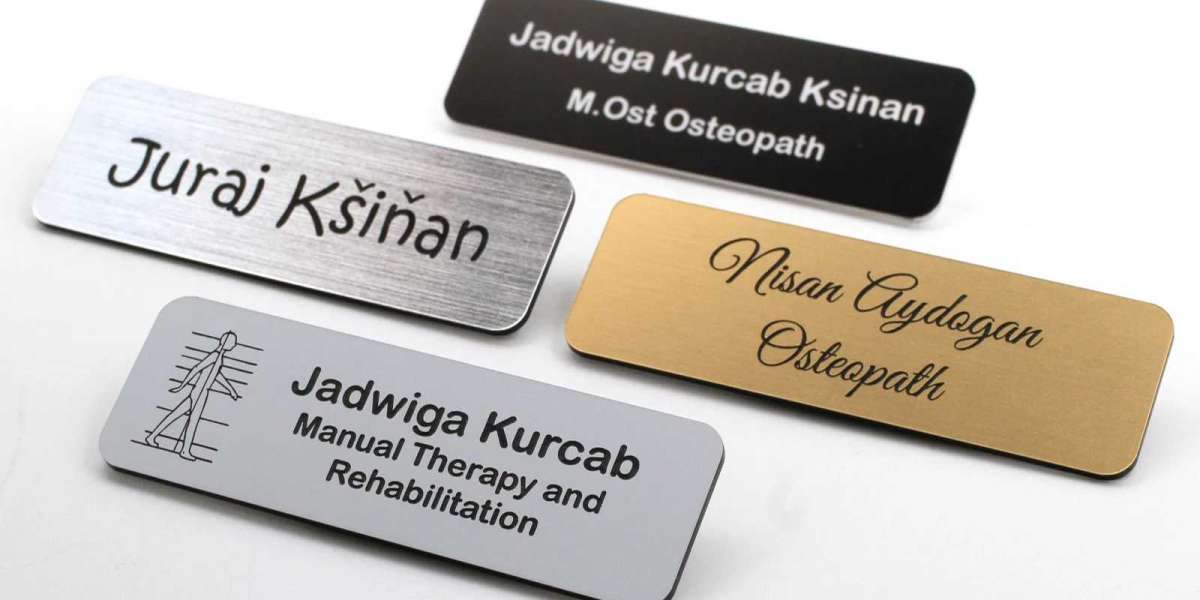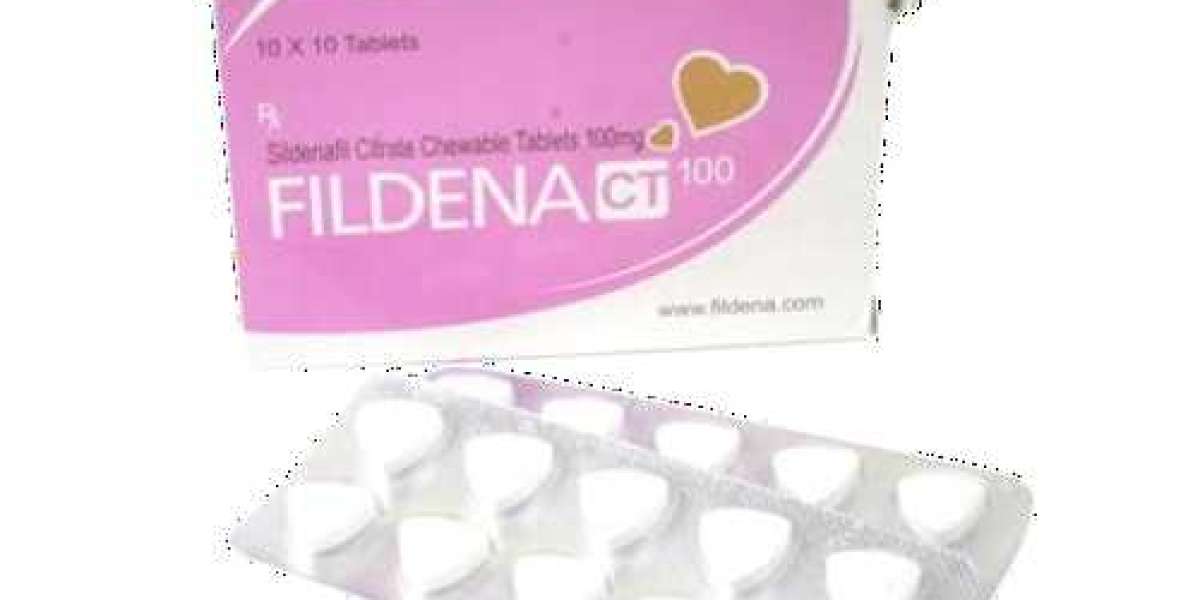Sleep apnea is a serious condition where a person’s breathing stops and starts repeatedly while they sleep. This can affect your overall health, but many people don’t know how it impacts their teeth and gums. In this blog, we will look at how sleep apnea affects your oral health and provide tips on how to manage these issues as well as look into sleep apnea treatment.
What is Sleep Apnea?
Sleep apnea means your breathing stops and starts while you sleep. The most common type is obstructive sleep apnea (OSA), where the throat muscles relax too much and block the airway. Another type is central sleep apnea, which happens when the brain doesn’t send the right signals to control breathing. Sometimes, people have a mix of both types, called complex sleep apnea syndrome.
If you have sleep apnea, you might snore loudly, choke or gasp during sleep, feel very sleepy during the day, and have trouble concentrating. If you don’t get sleep apnea treatment, it can lead to serious health problems like high blood pressure, heart disease, and stroke.
Impact of Sleep Apnea on Oral Health
1. Dry Mouth
People with sleep apnea often breathe through their mouths at night because their nasal passages are blocked. This can cause dry mouth, which means there isn’t enough saliva. Saliva is important because it helps clean your mouth by washing away food and germs. When you don’t have enough saliva, you’re more likely to get cavities, gum disease, and bad breath.
2. Tooth Grinding
Many people with sleep apnea grind their teeth, a problem called bruxism. This happens because trying to breathe properly at night can put stress on the mouth. Grinding your teeth can cause serious damage, like wearing down the tooth surface, breaking teeth, and making teeth more sensitive. It can also lead to pain in the jaw and headaches.
3. Gum Disease
Sleep apnea can make gum disease worse in a few ways. Since mouth breathing reduces saliva, plaque can build up, which can lead to gum disease. Also, the stress and inflammation from sleep apnea can worsen gum problems. Gum disease can cause swollen, bleeding gums and, if not treated, can lead to losing teeth.
4. Increased Risk of Oral Infections
A dry mouth and a weaker immune system from sleep apnea can make it easier for infections to occur in your mouth. This can lead to problems like oral thrush (a fungal infection) and more frequent outbreaks of herpes simplex virus.
5. Changes in the Jaw and Bite
Grinding your teeth a lot and not sleeping well can change how your jaw and bite line up. This can lead to TMJ disorders, which cause pain and discomfort in your jaw, face, and neck.
Managing Oral Health Issues Related to Sleep Apnea
1. Use a CPAP Machine
The most common sleep apnea treatment is with a CPAP machine. This machine keeps your airway open by blowing a steady stream of air through a mask you wear while you sleep. Using a CPAP machine correctly can help prevent mouth breathing, dry mouth, and teeth grinding.
2. Stay Hydrated
Drinking a lot of water can help with dry mouth and make more saliva. If you have sleep apnea, using a humidifier in your bedroom can keep the air moist and help with dry mouth.
3. Practice Good Oral Hygiene
Keeping good oral hygiene is important to prevent problems from sleep apnea. Brush your teeth at least twice a day with fluoride toothpaste, floss every day, and use an antimicrobial mouthwash to reduce plaque and germs. Also, see your dentist regularly to check your oral health and catch any problems early.
4. Use a Night Guard
If you grind your teeth, your dentist might suggest a custom night guard. This is a special cover for your teeth that helps protect them from damage and can also reduce jaw pain from grinding.
5. Address Gum Health
Regular dental cleanings and exams are important for managing gum disease. Your dentist can clean your teeth thoroughly to remove plaque and tartar. If you have swollen or bleeding gums, see your dentist right away.
6. Consider Dental Restorations
If sleep apnea has seriously damaged your teeth, your dentist might suggest treatments like crowns, fillings, or veneers to fix and protect your teeth. These can help restore how your teeth work and make them look better.
7. Seek Treatment for Sleep Apnea
Managing sleep apnea is very important for your overall and oral health. Besides using a CPAP machine, other sleep apnea treatment can help, like losing weight, avoiding alcohol and sedatives, and sleeping on your side. Sometimes, surgery might be needed to remove extra tissue from your throat or fix structural problems.
8. Address TMJ Disorders
If you have jaw pain or discomfort because of sleep apnea, see a dentist or specialist who can diagnose and treat TMJ disorders. They might suggest stress management techniques, physical therapy, or special dental appliances to help relieve the strain on your jaw.
Conclusion
Sleep apnea can seriously affect your oral health, including your teeth, gums, and overall comfort. By knowing how sleep apnea impacts your mouth and taking steps to manage your oral health, you can lower the risks. Regular dental visits, good brushing and flossing habits, and proper sleep apnea treatment are key to keeping your smile and overall health in good shape.
If you think you might have sleep apnea or are having oral health problems, talk to your healthcare provider and dentist. They can help create a plan to manage your condition. You might want to look for a ‘dentist near me’ for a local check-up, or consider visiting Brush365 for their comprehensive dental services.



